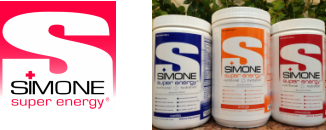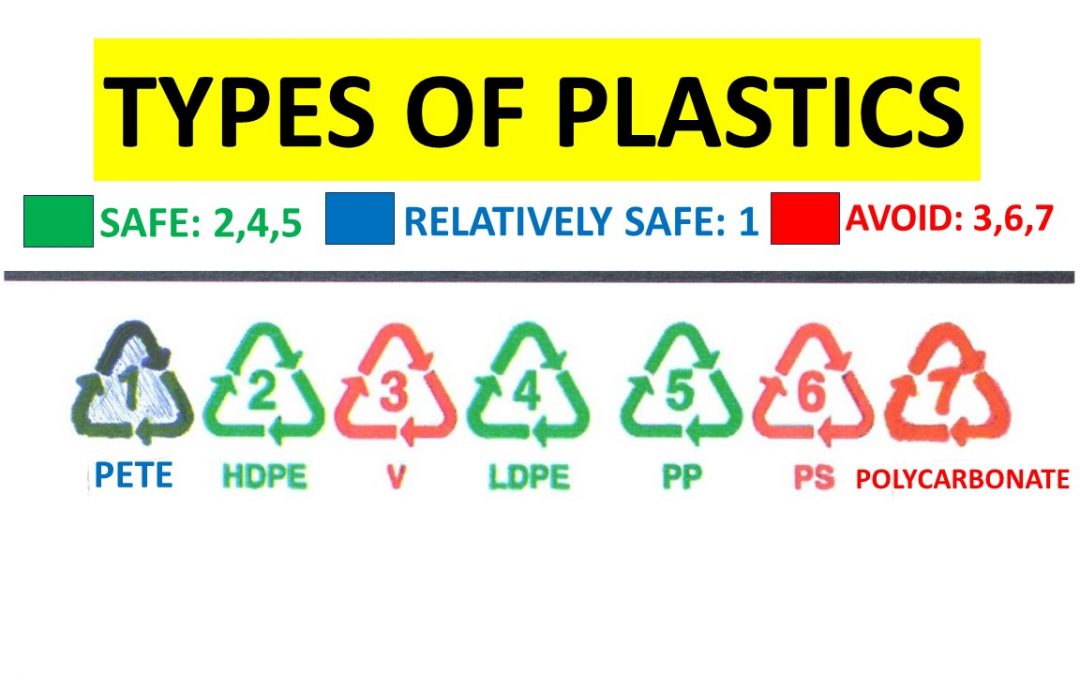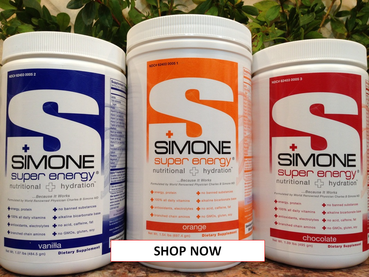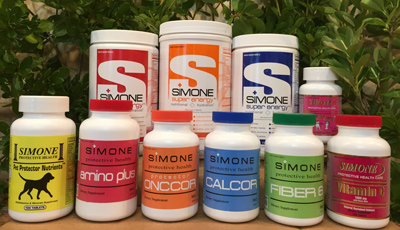8/18/16
We do not diagnose disease or recommend a dietary supplement for the treatment of disease. You should share this information with your physician who can determine what nutrition, disease and injury treatment regimen is best for you. You can search this site or the web for topics of interest that I may have written (use Dr Simone and topic).
“We provide truthful information without emotion or influence from the medical establishment, pharmaceutical industry, national organizations, special interest groups or government agencies.” Charles B Simone, M.MS., M.D.
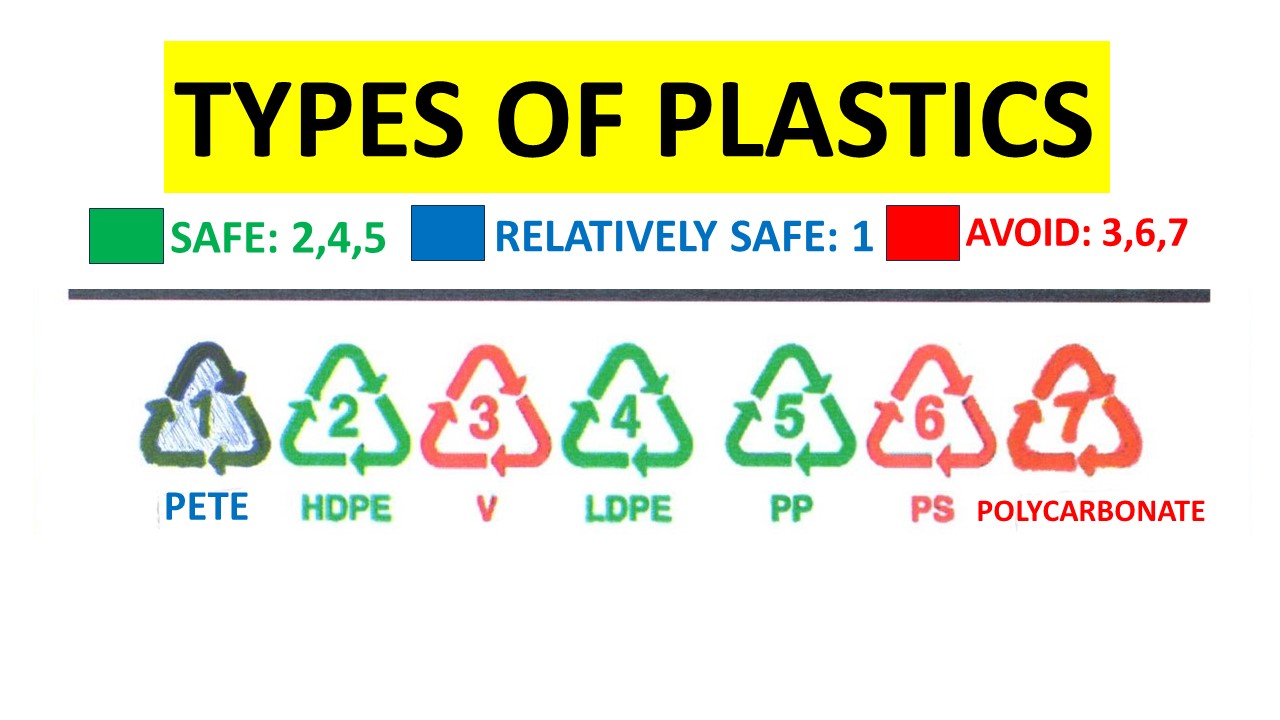
HARMFUL PLASTICS THAT FEDS AND SOME COMPANIES IGNORE
Lawrenceville, NJ (Dr Simone) – Plastic products are marked with a number enclosed by the recycling symbol found at the bottom of the product.
SAFE
#2 – High-Density Polyethylene found in toys, food jars, milk jugs, folding chairs and tables
#4 – Low-Density Polyethylene found in juice and milk cartons, plastic grocery bags
#5 – Polyethylene found in yogurt and margarine tubs, plastic cups, baby bottles, kitchenware, microwavable plastic containers and lids.
Relatively SAFE
#1 – Polyethylene Terephthalate – Used for bottled water, juice, and soft drinks; salad dressings, oil, peanut butter, household cleaners, cosmetics.
WARNING – keep in cool places. Heat can release a toxic chemical called antimony. Don’t reuse single-use plastic bottles. Throw away the bottle of water that has been in your car in the heat.
AVOID 3, 6, 7
#3 – Polyvinyl Chloride – uses a harmful plasticizer (phthalates) to soften plastic. Found in shower curtains, cling wrap, pool toys, inflatable structures, clothing, vinyl IV bags in neo-natal intensive care, car interiors, vinyl flooring.
#6 Polystyrene – Found in foam cups and to-go foam packaging from restaurants, disposable cutlery, egg cartons, CD and DVD cases. Polystyrene is classified as a possible human CARCINOGEN by the International Agency for Research on Cancer. Long term exposure can cause neurotoxic (fatigue, sleeplessness, nervousness), hamatologic, and chromosomal abnormalities.
Don’t store food in foam containers, avoid styrofoam cups, and don’t use plastic cutlery at fast food restaurants.
#7 Other – Polycarbonate contains BPA (bisphenol A) and is the most common plastic in this category. It is used to make food containers, water bottles, and baby bottles. When washed with hot water, BPA leaches out and is linked to cancer, heart disease, hormone problems (estrogen disruptor), obesity, thyroid dysfunction, neurological problems, fertility problems, lower testosterone, and asthma. Estradiol-17beta is classified as a CARCINOGEN by the International Agency for Research on Cancer [37;107;108]. The European Union and Canada have banned BPA use in baby bottles. In 2012, the US FDA banned its use in baby bottles, but not in infant formula, food, or beverages.
GERBER’S INFANT FORMULA IS SOLD IN PLASTIC CONTAINER #7 – On August 17, 2016 our young investigators went to the ACME supermarket in Lawrenceville, NJ, verified that there was no recycling number on the bottom of the infant formula container, and suggested we call Gerber’s Headquarters directly. In the recent past, the recycling symbol #7 had been clearly embossed on their containers, but now no more. We then called and spoke to Katie on August 17, 2016 at Gerber’s Headquarters 1-800-284-9488 and she verified that the plastic container was indeed #7.
GATORADE WATER BOTTLE IS MADE FROM PLASTIC #7 – the water bottle given by Gatorade to participants in their Gatorade Fuel Lab on May 27-30, 2016 in Philadelphia, PA.
(c) 2017 Charles B. Simone, M.MS., M.D.
